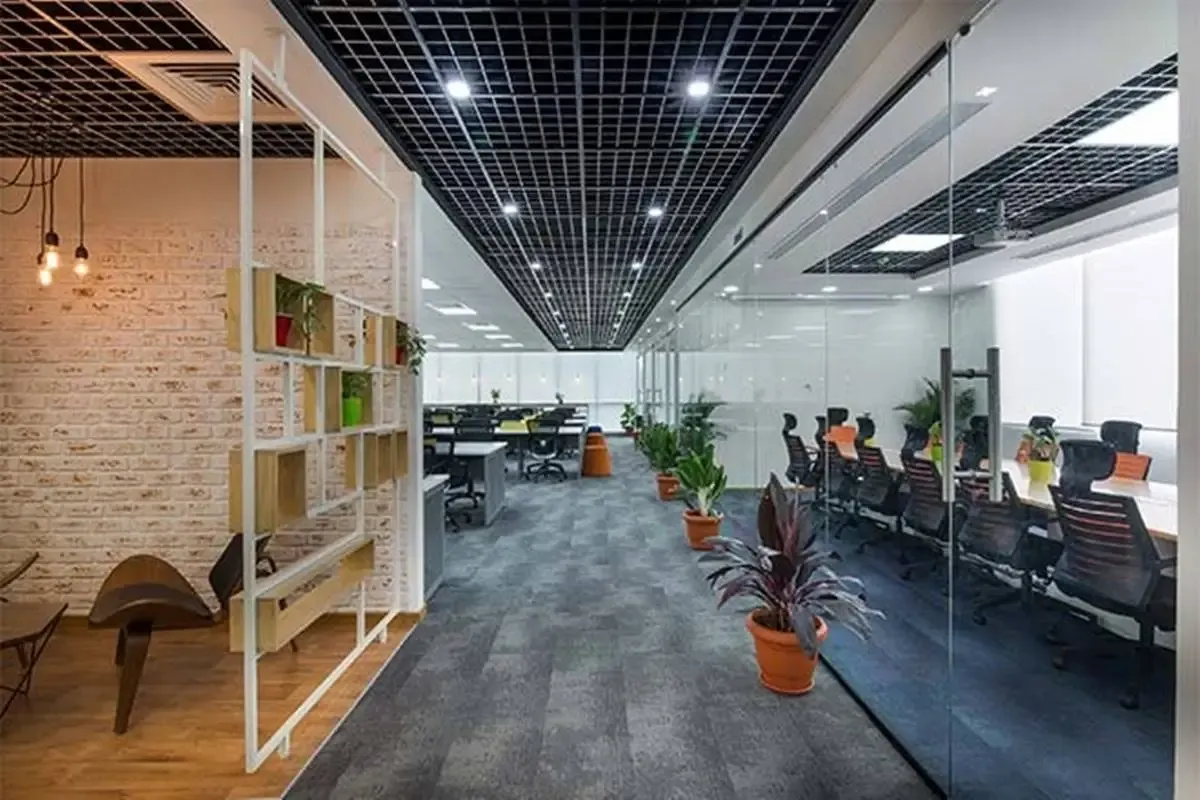Why 2022 is a good year to invest in office spaces ? Why Commercial Real Estate?

Why 2022 is a good year to invest in office spaces ? Why Commercial Real Estate?
Despite a roller coaster ride in 2021, India's real estate sector is on its way to a strong comeback. In the immediate future, both the residential and commercial real estate industries are confident about long-term growth. When it comes to investing, individuals are continuously debating whether to invest in residential or commercial properties. The commercial real estate sector is forecasting strong market as commercial expansions, which are all on hold for the past two years, are expected to resume in 2022.
Generally , the rental return on investment (ROI) potential of commercial space is significantly better and more long-term than that of residential property. Long-term leases and contracts guarantee a steady stream of income for real estate investors. Offices, co-working spaces, and low-cost retail will be the focus of commercial real estate investment in 2022.
Fractional ownership is a growing trend in commercial real estate. Instead of owning the full property, the investor invests in a portion of the property and reaps the benefits. In 2022, the fractional ownership trend will continue to expand. The commercial real estate sector in India appears to have a bright future, since it has shown tremendous resilience in the face of the pandemic. According to a survey issued by Knight Frank India, even in the work-from-home environment, office leasing climbed by more than 2.5 times in the top cities between July and September 2021.
Last year, when COVID-19 swept the country, causing lockdowns, investors were drawn to other investment options by the uncertainty in equity markets and low returns in the debt market.
The truth is that two investments have always attracted to Indians: gold and real estate. Residential real estate remains a popular issue in property because of the ownership urge. However, in recent years, more investors have begun to see the value of commercial properties and the numerous benefits that come with them.
So, let's take a glance at some of the reasons how commercial real estate can be a better investment
• Higher returns
For lengthy periods of time, commercial assets yield good rental returns. Prices will take some time to appreciate because the residential market has yet to gather up speed following the pandemic.
Grade-A office assets, on the other hand, are already delivering excellent returns in commercial real estate due to considerable demand. While commercial assets are expected to yield an 8-10 percent return.
Commercial property yields are frequently in the double digits. This is by far the most significant benefit of investing in commercial real estate. If the location and quality are good, it can possibly be as high as 12-14 percent. Commercial property is unquestionably superior if the investment is undertaken primarily for the purpose of earning potential through rents.
• Growing demand
Work from home will not become the new normal in India, according to Anarock's research. Most people opt to return to work due to larger family sizes, smaller houses, unpredictable internet connections, and vulnerable digital platforms.
According to the Central Registration Centre, around 16,000 new companies have been registered since lockdown. In addition to the start-ups, multinational companies are eyeing India as the hub for Data Centre Offices and seeking large commercial spaces, especially in Tier 1cities.
• Steady cash flow
Commercial real estate leases can last anywhere from two to ten years. There are numerous benefits to having such lengthy lease terms. To begin with, regular rentals will ensure a consistent cash flow. Second, you won't have to search for tenants after a few months.
The lessee of commercial property is either a corporation, a bank, or a retail chain. Engaging with such organizations is actually quite simple, and there is no rushing to receive the rent. If one floor or one area of the building has a reputable bank or corporate tenant, the rental yield for the rest of the property will increase.
The triple-net lease is another advantage. This is a type of lease agreement in which the tenant is liable for all continuing building expenses such as maintenance, taxes, and insurance.
At the end of the day, real estate remains to be the strongest and most promising investment possibilities, and with the pandemic gradually easing, the market is rising in most metropolitan areas.